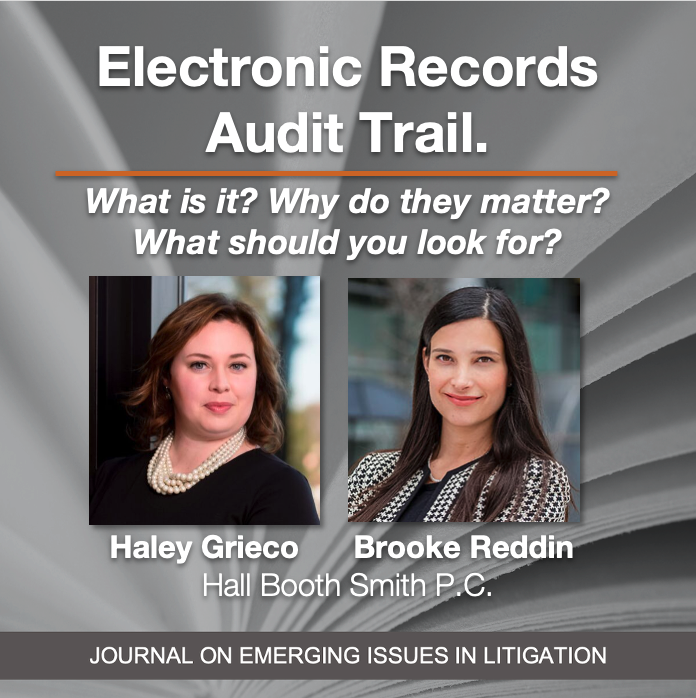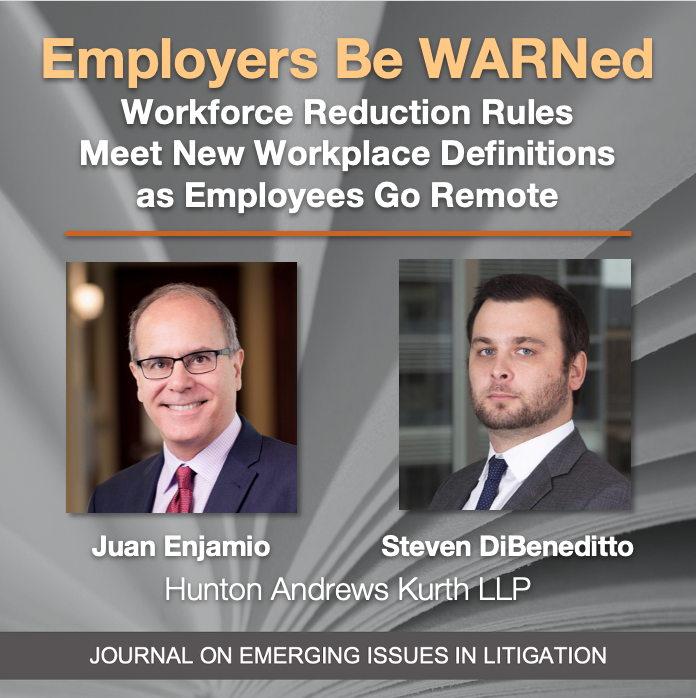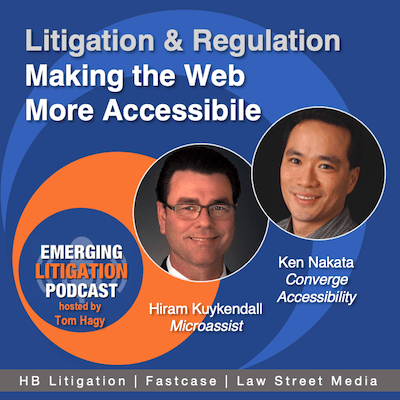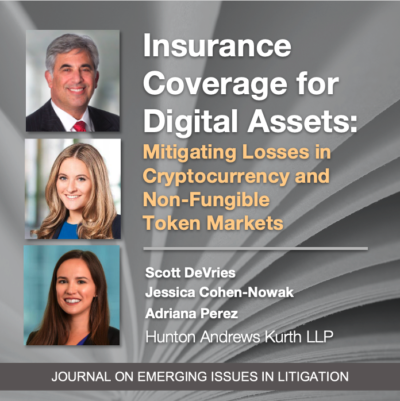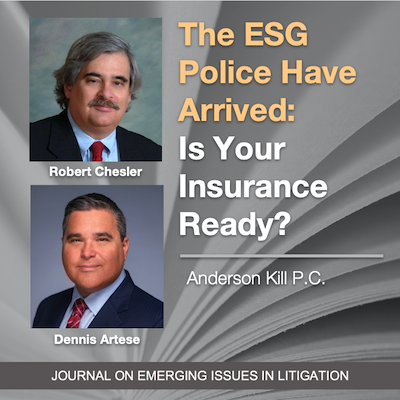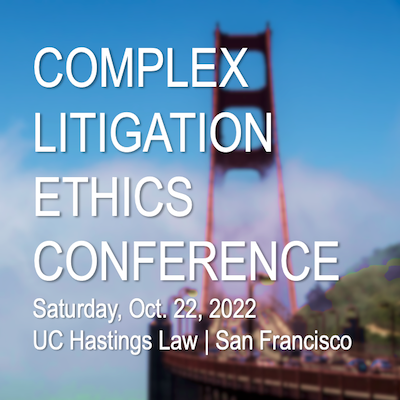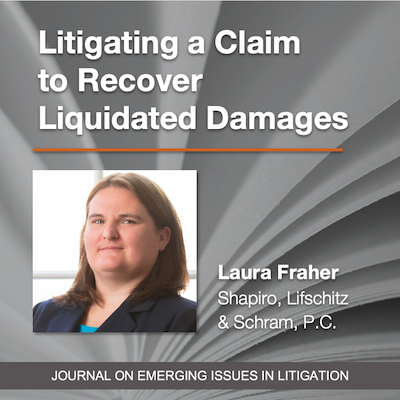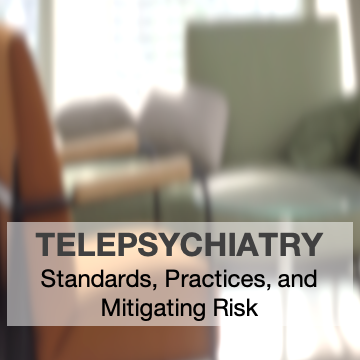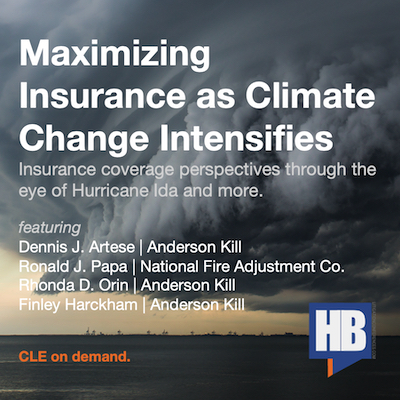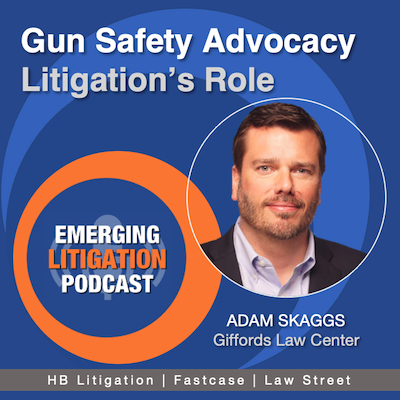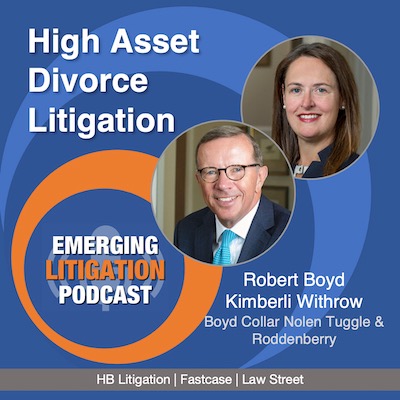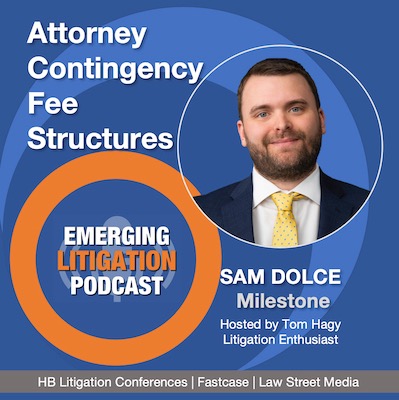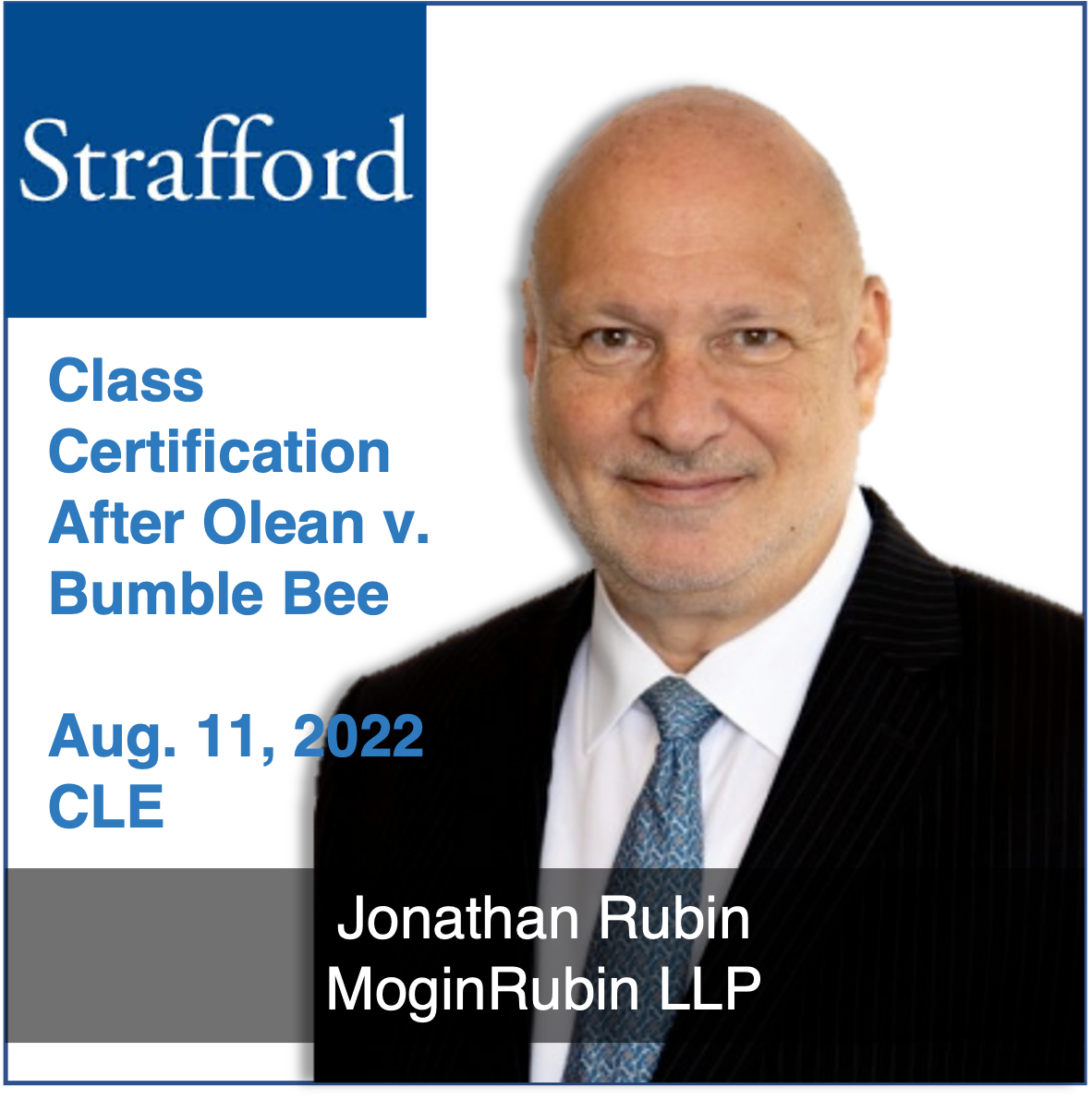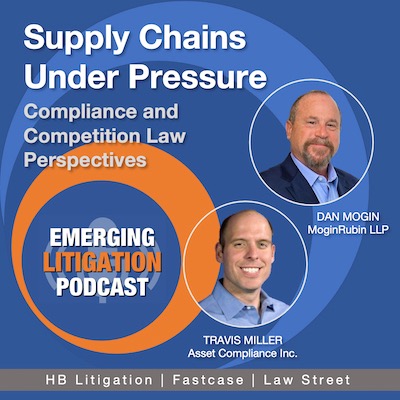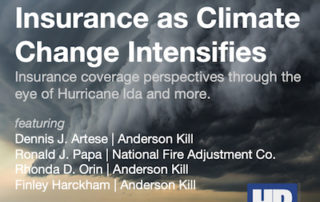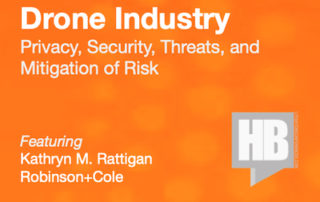Emerging Litigation Podcast
The Corporate Transparency Act: A New Effort to Fight Money Laundering with Lori Smith
In this episode, we discuss the Corporate Transparency Act (CTA) with Lori Smith of Stradley Ronon, including the key facets of the Act's requirements, potential penalties, and chances for litigation. As Lori notes, "the U.S. is one of the few countries in the world where you can form entities, and nobody can tell who owns them". The CTA aims to prevent this from being the case. Listen and learn more!
Litigators, YES Litigators: One Attorney’s Journey Within and Without the Legal Industry
In this episode, we discuss all the things one former litigator, Somya Kaushik, Senior Corporate Counsel at Mineral and Adjunct Professor of Law at Lewis & Clark Law School has done, and the advantages she feels a litigator can bring to a small company – one that isn’t embroiled in litigation (and would like to keep it that way). As she notes, "a litigator is well-positioned to identify actual but often overlooked legal risks, effectively mitigating issues and reducing both business and legal risks". Listen and learn more!
Massive Mass Tort Settlements and Liability Forecasting
In this episode, we discuss Liability Forecasting and the role it plays in the administration of massive, sometimes multi-billion-dollar mass tort settlement trusts with guests Mark Eveland and Ed Silverman of Verus LLC, which provides litigation support services to law firms working on mass torts, such as case management and medical review services, settlement administration, business and advisory services, and analytics. Liability forecasting mechanisms were built to fairly and judiciously compensate current and future claimants for their injuries. Listen and learn more!
A Shameless Plug for Our Content Services
Your content marketing is everything you’ve ever dreamed of. Right?

Critical Legal Content was founded by Tom Hagy, former Editor & Publisher of Mealey’s Litigation Reports and VP at LexisNexis, founder of HB, current litigation podcaster and editor-in-chief. CLC’s mission is to help smaller firms and service providers not only create content — blogs, articles, papers, webinars, podcasts (like the stuff on this site) — but also to get it out there. How? Via social media, this website, your website, and potential via our podcast and journal which we publish in collaboration with vLex Fastcase and Law Street Media. The goal is to attract readers and dizzy them with your brilliance.
*Inspired by actual events.
Create content like a real legal publisher.
Emerging Litigation Journal
Mexico Bans Imports of Foreign Textiles: Does My Insurance Policy Cover That?
Diana Gliedman, Dennis Nolan, and Fiona Hogan examine the impact of Mexico’s recent presidential decree banning certain foreign textile imports through the IMMEX program and increasing tariffs on textile products. The ban has disrupted operations for textile companies and third-party logistics providers, leading to unexpected costs, rerouting challenges, and supply chain delays. The authors outline how businesses may find relief through insurance policies such as Supply Chain Insurance, Business Interruption, Contingent Business Interruption, and Marine Cargo/Stock Throughput Insurance. They emphasize the need for swift action to review coverage, notify insurers, and document losses to maximize potential claims.
Trump’s rollback of draft PFAS regulation means uncertain future for ‘forever chemicals’ torts
With federal PFAS regulations in limbo, lawsuits targeting “forever chemicals” are expanding—what does this mean for businesses and consumers? Justin Ward examines the uncertain future of PFAS (“forever chemicals”) regulation and litigation after former President Trump rolled back a draft rule expanding Biden-era guidelines. The rising PFAS lawsuits are increasingly targeting consumer product manufacturers alongside chemical companies. Despite concerns over deregulation, several states have enacted their own strict PFAS rules, ensuring continued legal challenges and regulatory pressure. Read our report by guest contributor Justin Ward.
California’s climate disclosure laws withstand initial US Chamber of Commerce challenge
California’s groundbreaking climate disclosure laws just overcame a major legal challenge—what does this mean for businesses and the future of corporate transparency? Writer Justin Ward will fill you in.
HB Webinars on CeriFi LegalEdge
Maximizing Insurance as Climate Change Intensifies
HB presents an Anderson Kill webinar on-demand MAXIMIZING INSURANCE RECOVERY AS CLIMATE CHANGE INTENSIFIES As weather-induced disasters continue to intensify, maximizing insurance coverage after major storms, floods, wildfires, and other natural cataclysms is an essential survival skill for any business. In this session, attorneys who have successfully litigated property, business interruption and contingent business interruption claims from Hurricanes Katrina through Ida, along with wildfire and other major disaster claims, walk participants through all phases of insurance recovery, from buying the right policies to pursuing claims with persistence and awareness of pitfalls, to litigating successfully when necessary. Specific lessons from Hurricanes Sandy (2012), Harvey (2017) and Maria and Irma (2020) will be addressed. Topics: Developing a pre-storm preparedness plan, including mitigation efforts, assembly of a claims team, and insurance coverage review; Moving quickly to protect property from further damage, performing all emergency repairs, and documenting all losses in detail; Preparing and presenting well-supported property damage claims; Recognizing and including business interruption losses and extra expense outlays; Highlighting policy interpretation issues that affect the scope of available coverage; Outlining strategies for pursuing claims and incentivizing the insurance company to resolve them with due speed. On-Demand Registration Includes 1+ CLE credits (subject to bar rules). CLE codes are embedded in the video. CLE questions? Insights from experienced professionals. The complete PowerPoint presentation. Continued access to the complete recording for later use. Answers to your questions via email to the presenters, or write to HB. Meet the Panel Finley Harckham Anderson Kill Finley is a senior litigation shareholder in the New York office of Anderson Kill and serves on the firm's Executive Committee. Finley regularly represents and advises corporate policyholders and other entities in insurance coverage matters. He has successfully litigated, arbitrated and settled hundreds of complex [...]
The Commercial Drone Industry: Privacy, Security, Threats, and Mitigation of Risk
HB presents a CLE-eligible webinar Now on-demand at the West LegalEdcenter THE COMMERCIAL DRONE INDUSTRY Privacy, Security, Threats, and Mitigation of Risk Drones have become an increasingly valuable tool for businesses of all types and sizes. Drones are already being used in many applications, but more will certainly arise as the technology advances. This means that certain risks, like cyber threats, will also continue to present themselves. Protecting the transmission and storage of data collected through drones is critical. Unfortunately, security usually comes as an afterthought. The drone industry is part of the aviation industry, which, based on its knowledge, keeps safety as a number one concern. Part of that safety is having proper protection for your systems, including security as a fundamental design principle. Take this webinar to gain insights on the topics listed below, and shared by an attorney who practices on the cutting-edge of this evolving technology. Topics: Defining drones. Current and future applications. FAA Modernization and Reform Act of 2012. FAA Part 107 Regulations and waivers. Resources, e.g. the FAA Drone Zone and LAANC Portal. Penalties for violations. Privacy implications. Drones as weapons. Vulnerability to cyber attacks. Take it now! What you get: 1+ CLE credits (subject to bar rules). Insights from an experienced professional who specializes in this area of the law. The complete PowerPoint presentation. Continued access to the complete recording for later use. Answers to your questions. Fee: No additional charge to subscribers to the West LegalEdcenter. Non-subscribers may take the course for $170. Meet the Speaker Kathryn Rattigan Robinson & Cole LLP Kathryn Rattigan is a member of the firm's Business Litigation Group and Data Privacy + Cybersecurity Team. She advises clients on data privacy and security, cybersecurity, and compliance [...]
Assessing Risk in Medical Malpractice Mediation
HB Litigation Conferences presents Assessing Risk in Medical Malpractice Mediation CLE-eligible on demand webinar | Recorded 2021 Lawyers and claims professionals assess litigation outcomes all the time. The parties do not. You can help. Understandably, parties in medical malpractice disputes do not fully appreciate the risks inherent in litigation and are not aware of how continued litigation affects their underlying interests in the dispute. For example, some parties see the outcome as a reflection of their personal character. These challenges can hamper the parties' ability to make good decisions in litigated medical malpractice cases. Even organizations that are experienced in assessing litigation risk can make more decisions in these cases with adverse outcomes. Hear our panel of medical malpractice and insurance attorneys and litigation experts as they share their insights on successfully guiding individuals and organizations through these disputes. Registration Includes Nearly 90 minutes of insights from experienced professionals. CLE credit: 1+ (subject to bar rules). For CLE questions: CLE@LitigationConference.com The complete Power Point presentation. Continued access to the complete recording for later use. Answers to your questions via email to the presenters or write to HB and we will be sure to contact the speakers. REGISTRATION Key Points What are the intangible costs of medical malpractice litigation for individuals and institutions? How can advocates, claims professionals, and parties make better decisions in these cases? How are medical malpractice claims mediated? How can advocates use risk assessments in settlement negotiations? What do participants want from mediators? Meet the speakers. Gregory K. Wells Gregory K. Wells is a Maryland-based personal injury lawyer and partner with Shadoan, Michael & Wells LLP. His practice focuses on Plaintiff’s medical malpractice, serious personal injury and wrongful death cases, as well as commercial and business litigation. Greg [...]

